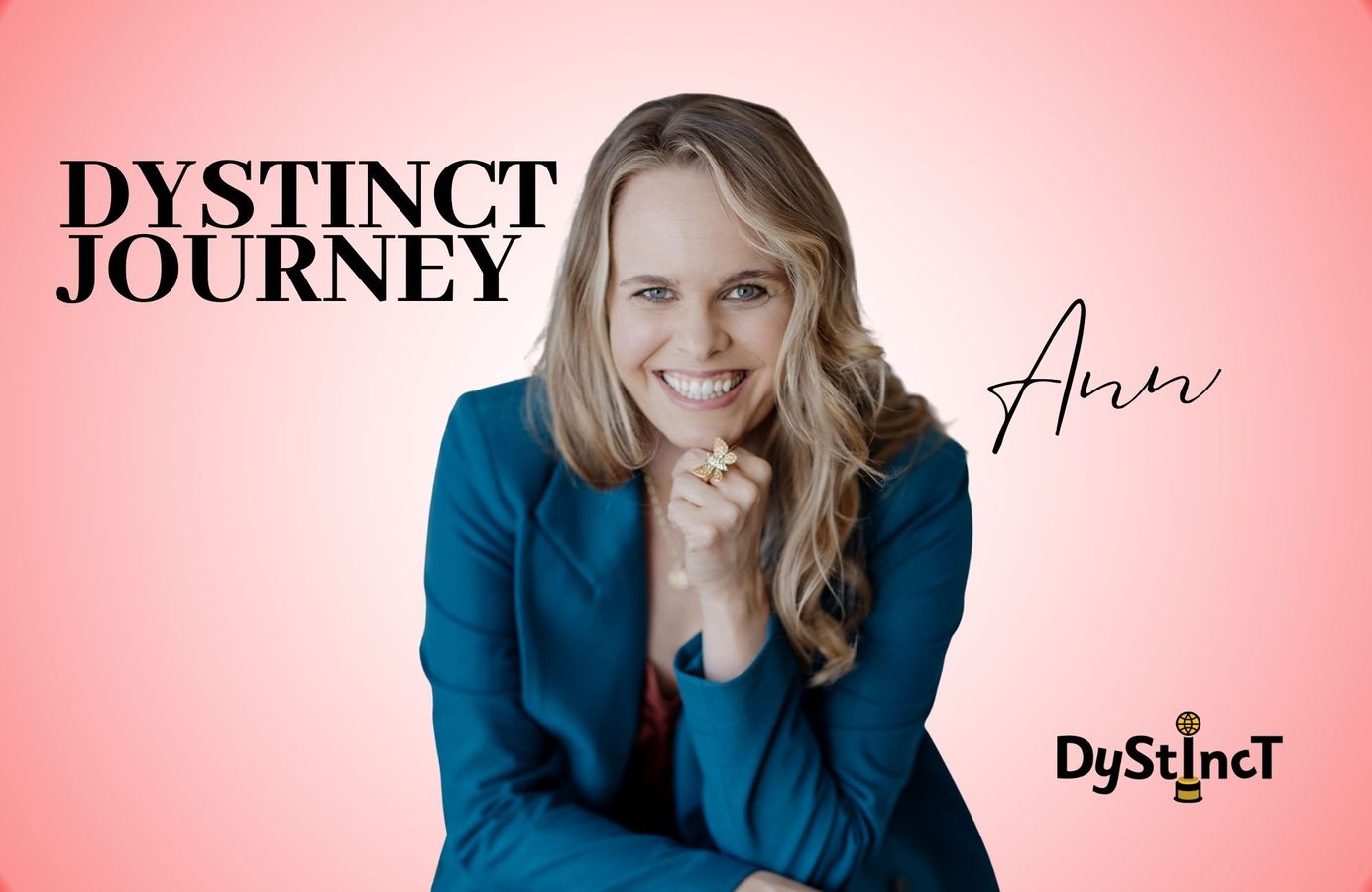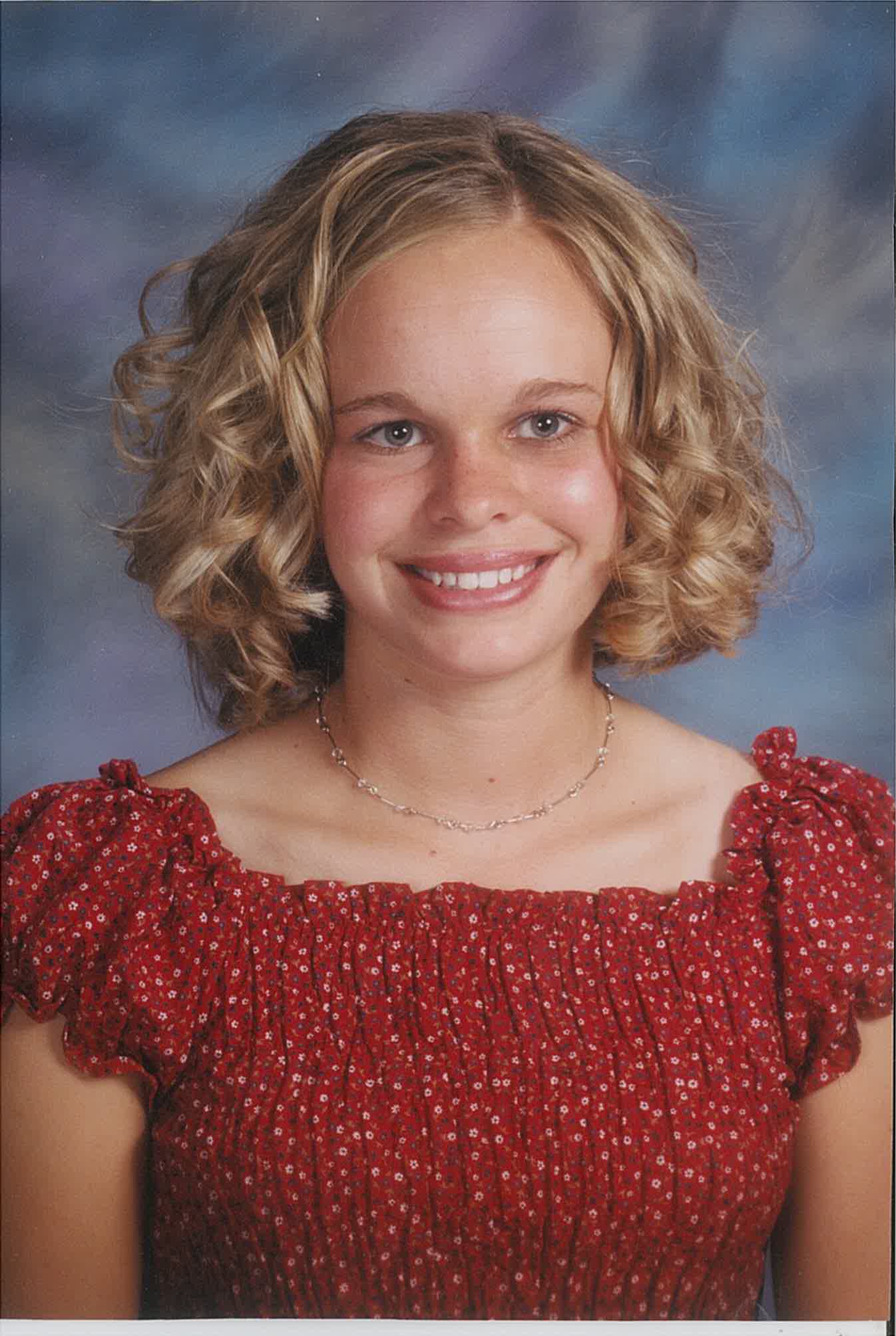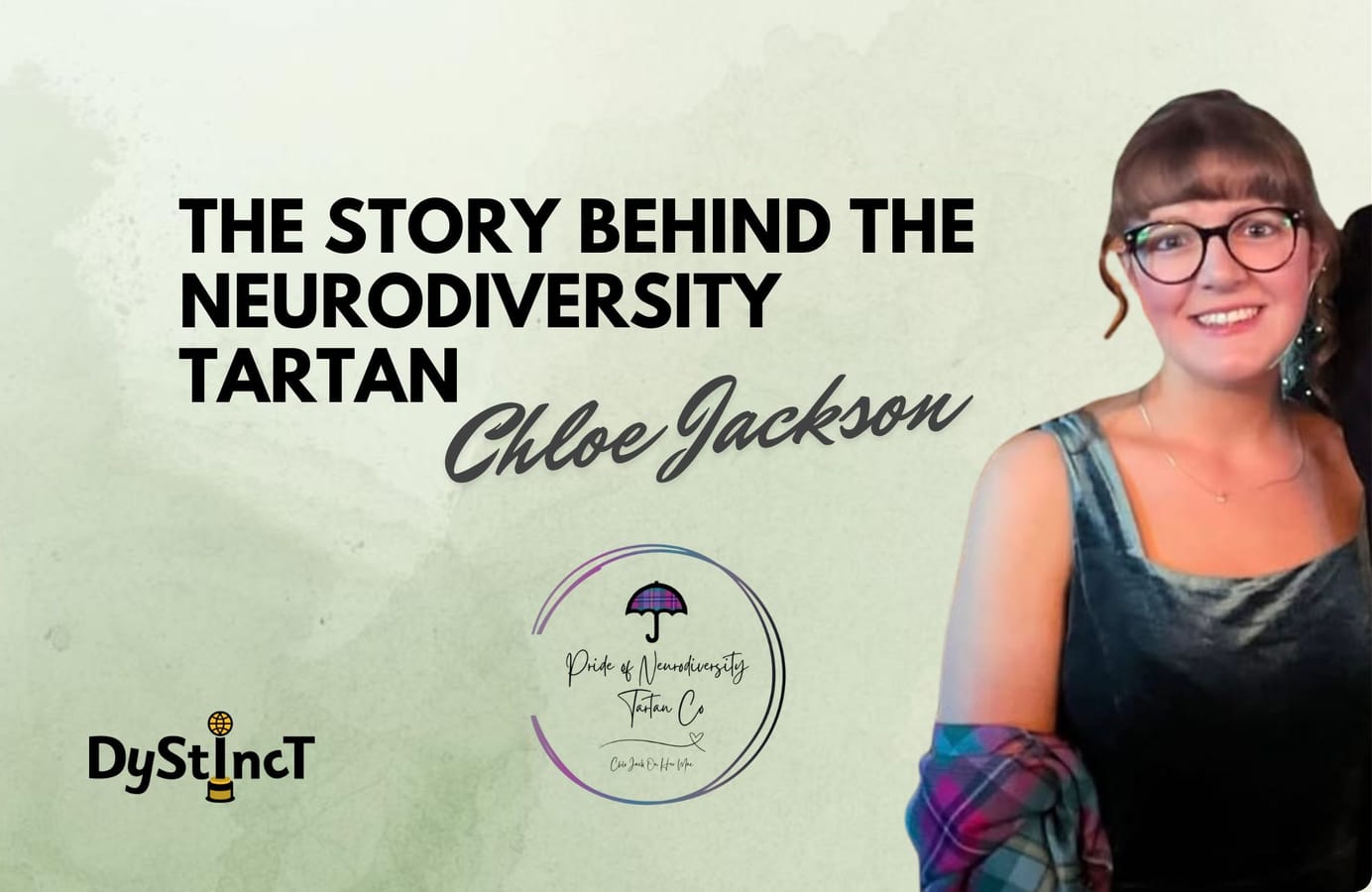
Issue 13: The Dystinct Journey of Ann
The story of Ann, a successful Florida-based marketing executive who struggled to read and write in private all her life until she was recently taught the right way to read using the Structured Linguistic Literacy Approach.
The impact on someone's life from struggling to read creates so much daily discomfort, trauma, and anxiety. It limits so much of what you can do and who you can be. It's just too high of a price for us not to talk about it and not get it right.
Ann, a prominent marketing executive from Florida, has struggled with reading and writing in private all her life as she worked hard to climb up the career ladder. Only recently, she felt comfortable enough to open up about her challenges and was surprised to discover that she was never alone in her struggles. She has decided to raise awareness as the price of not talking about it is too high.
Ann is not dyslexic. Her story is unique. It brings to attention a significant problem in our communities; Our children are little for only a little while, and they have a short window in which they are expected to learn and master a massive amount of information in preparation for the world. In the absence of adequate support while this is happening, children often end up slipping through the cracks. Ann is the product of a lack of proper support and instruction in the classroom.
The youngest of four children, Ann was raised in a small town in the Rocky Mountains, USA. A combination of unfortunate family circumstances and poor support at school meant that young Ann slipped through the cracks. Ann shares that only 70% of high school graduates read at grade level at her school district. This is not an isolated problem. The most recent NAEP (National Assessment of Educational Progress) scores in the US showed that 67% of 4th graders and 68% of 8th graders are not proficient in reading. "I wasn't able to get the support that I needed at home. If I had been given that support in a classroom, I would never have been in the situation that I'm in today. If the majority of kids are not getting the help, they need around reading, writing, and spelling. I think it's time we look at the systems and what we have in place to teach those things versus just putting it on the learner," shares Ann.



During her early years at school, rather than being offered support, she was labelled as an unruly child. She was either bored because she didn't have the skill set to participate in what was being taught or trying to get herself out of tricky situations. "If the teacher was going down the class and asking people to read in order, I'd know when it would get to me. So, I'd try to go to the bathroom or do something, even if I was not allowed to do it. I would stand up and just walk out of the classroom. My citizenship grades, which dictated behaviour in class, were always terrible."
Despite her struggles with reading and writing, Ann was a bright child. As the years progressed, she developed clever workarounds to avoid the blame, punishment and threats that were levelled at her when all she wanted was for someone to sit down and have a conversation with her to see how she could be supported in her work. "I graduated high school with a diploma of merit. I was in honours classes all through high school.
I was very good at navigating the system. The younger generation has much easier cheating mechanisms compared to the older ones, with access to computers readily available. When I had to do a book report for my honours English class, I couldn't find a book report to download, but I found that there was a movie based on the book. So, I invited all my friends who had read the book over, and we watched the movie together. Afterwards, I facilitated a group discussion about what were the differences between the book and the movie. I had convinced my teacher that I would give my report orally. Then I took all of my friend's opinions and presented the book report orally. I would do stuff like that all the time. I always had to think outside the box. I was always thinking, 'How can I do this without technically doing it?' Not because I didn't want to. My ideal preference would've been to just be able to read the book and do the book report and do what everyone else was doing, but I just didn't have the skill sets to do it."
This post is for paying subscribers only
SubscribeAlready have an account? Log in


